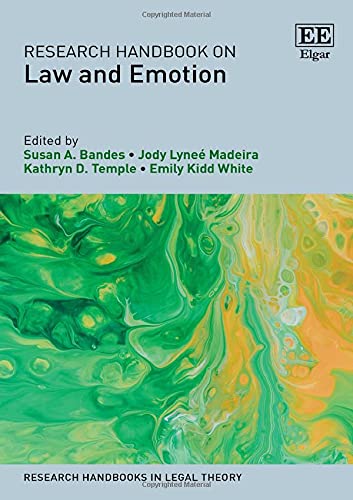From Research Handbook on Law and Emotion
In the law, emotion is often viewed as extraneous to jury decision-making—either as an unavoidable byproduct of certain types of evidence or an impediment to the decision-making process. Even when the legal system does acknowledge the impact of emotion, it tends to overgeneralize across different types of emotions and legal judgments. Growing consensus in psychological science, however, reveals a much more complicated story. Emotion is not extraneous but rather inextricably intertwined with cognitive decision-making processes and its impact can be very different depending on the type of emotion and the type of legal judgment. The notion that instructing jurors to ignore their feelings will purge emotion from the jury box reflects an oversimplification of human decision-making processes. We describe how experimental methodology within psychological science can shed light on how emotions can affect jurors’ decision-making processes, with the goal of developing a more nuanced model of the role that juror emotions play in evidence evaluation and legal decision making.

